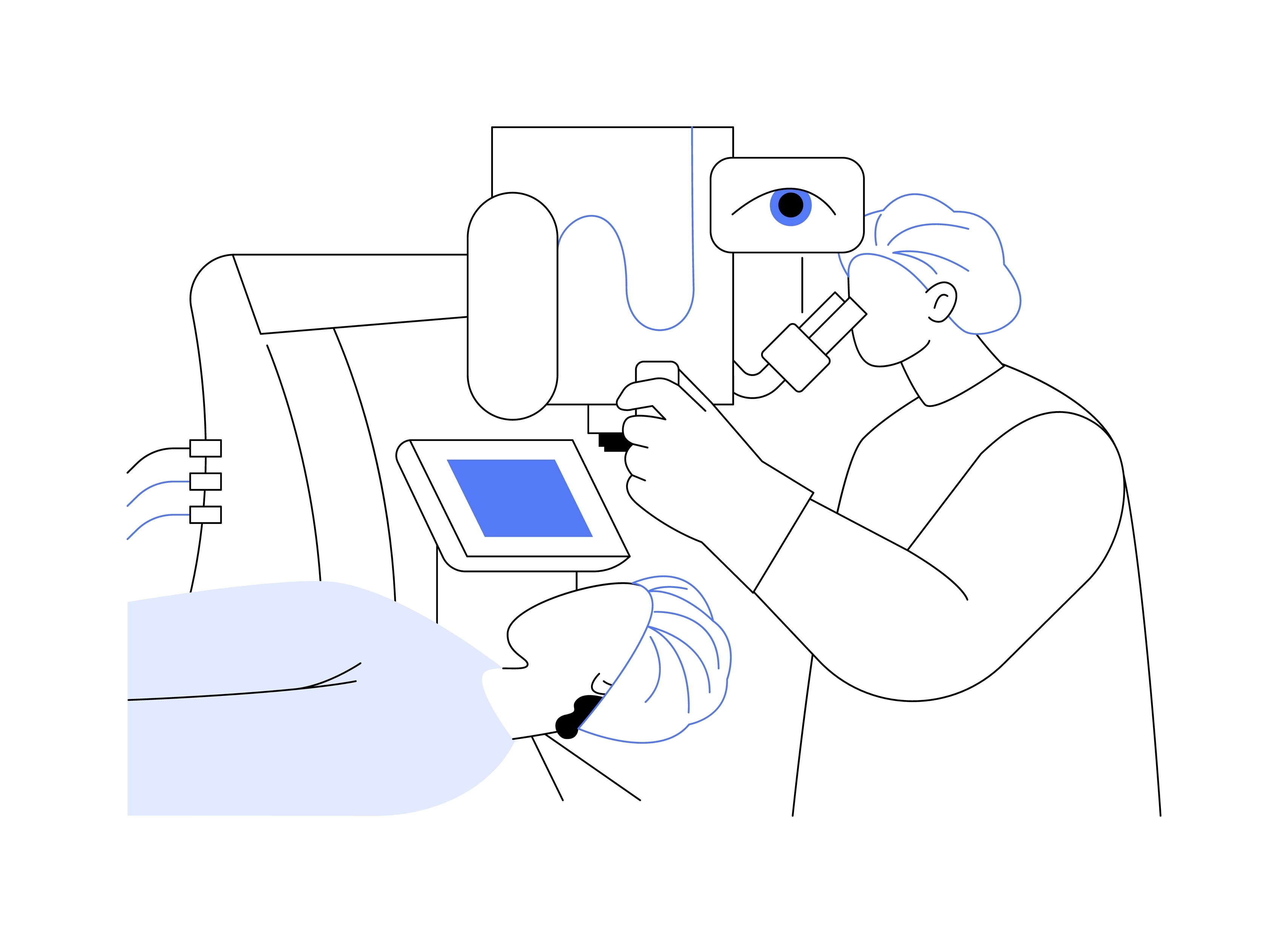
Refractive surgery has revolutionized vision correction, allowing countless individuals to enjoy clearer vision without dependency on glasses or contact lenses. However, the journey to achieving optimal vision doesn't end with surgery alone. Co-management plays a vital role in ensuring the best possible outcomes and patient care. In this comprehensive guide, we'll explore what co-management in refractive surgeries entails, its benefits, and what patients can expect from the process.
What Is Co-Management in Refractive Surgery?
Co-management involves a collaborative effort between your primary eye care provider (usually an optometrist) and your refractive surgeon. The primary eye care provider typically handles pre-operative evaluations, post-operative care, and long-term monitoring, while the surgeon performs the actual surgical procedure.
Why Is Co-Management Important?
Co-management ensures continuous and specialized care tailored specifically to each stage of the refractive surgery journey:
Pre-operative Evaluations: Your optometrist conducts thorough assessments to determine your suitability for surgery, including measurements of corneal thickness, eye pressure, and overall eye health.
Surgical Procedure: Your surgeon, equipped with detailed information from the pre-operative evaluations, performs the surgery with precision and safety.
Post-operative Care: Regular follow-ups with your primary eye care provider monitor healing, manage any potential complications, and track vision improvement.
Long-Term Eye Health: Ongoing care helps to maintain your eye health, detect any changes early, and address concerns promptly.
Benefits of Co-Management
Comprehensive Care: You benefit from the combined expertise of both your optometrist and surgeon, enhancing the overall quality of care.
Convenience: Most follow-up care and evaluations can be managed by your local optometrist, reducing travel and wait times.
Personalized Attention: Your optometrist, familiar with your eye history, can provide personalized care and recommendations tailored specifically to your needs.
What to Expect in the Co-Management Process
Your journey begins with an initial consultation, during which your optometrist evaluates your vision, assesses your overall eye health, and discusses your lifestyle and vision goals. If you're deemed a suitable candidate for refractive surgery, your optometrist will refer you to a trusted refractive surgeon, ensuring all relevant information and assessments are effectively communicated.
The refractive surgeon will then conduct the surgical procedure using advanced technologies designed to deliver optimal outcomes. After your surgery, you'll return to your optometrist for scheduled follow-up appointments. These visits are crucial to monitor your healing progress, manage any potential complications, and ensure your vision is improving as anticipated.
Lastly, ongoing eye care is essential. Regular annual exams with your optometrist will help maintain optimal vision health, promptly address any concerns, and ensure continued satisfaction with your vision results.
Ready to Explore Refractive Surgery with Expert Co-Management?
Understanding the co-management model in refractive surgeries helps you appreciate the collaborative approach that enhances your surgical outcome and ongoing eye health. By choosing a practice committed to thorough co-management, you can confidently take steps toward a lifetime of clear, healthy vision.
Schedule a refractive surgery consultation with EyeRis Vision to discuss your vision goals and begin your journey toward clearer sight. Visit our office in Austin, Texas, call (737) 265-2500, text (512) 222-5636, or Click here to book your appointment today.






